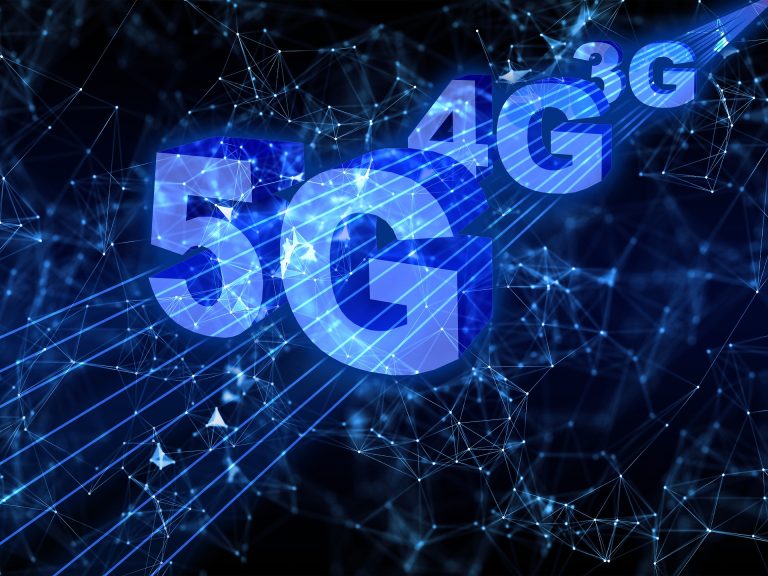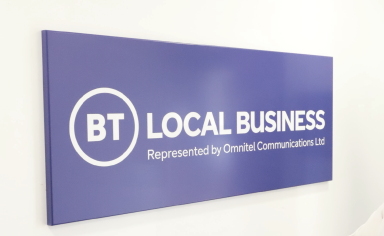There is a lot of talk of the rollout of 5G floating around. But it’s hard to wade through the noise to know what’s actually happening. Talk of chip shortages, pushback from conspiracy theorists and other setbacks have put the whole idea up in the air, to the point that no one is entirely sure what 5G is and what it does. Well, we’re here to clear it up. Read on to find all the details on the future of 5G and where and when you can have access to it.
What is 5G?
5G is considered the next step in mobile data, or the fifth generation, if you will. Although you will hear a lot about the superior speed of 5G, that isn’t its main advancement. The extra speed of 5G is due to its massive expansion in data storage. With more room to store, the data doesn’t have to work so hard and therefore works a lot faster.
How much faster? Well, 4G networks are currently offering an average of 45Mbps (or megabits per second), but the industry experts behind 5G are aiming for a whopping 1Gbps (gigabits per second) or 1,000Mbps. It could make download speeds anywhere from 10-20 times faster, allowing you to download a movie in around a minute.
Why do we need it?
Not only will all of your devices enjoy much faster download and upload speeds, but a lot more devices will be able to connect to the mobile internet at the same time.
Every advancement in digital technology takes data, and the more advanced they get the more data is needed. With more data storage provided by 5G, these advancements will load and perform a lot better and faster. Things like augmented reality, mobile virtual reality, high resolution video and more will all be the norm with 5G.
As for the bigger picture, current data storage is filling up, and getting congested. As music and video streaming in particular has gained popularity, data storage has filled, leading to service breakdowns. These are common when there are a lot of people in the same area trying to access it, like a city.
When will we see 5G?
We’re starting to see it already. Across the world 5G is getting rolled out in popular cities. In the US alone more than 100 million people will have access to it over 1,700 cities by January. Developing countries like South Africa and India are happily embracing the idea.
Meanwhile, here in the UK, providers like EE, O2, Virgin Media, Three, BT and Vodafone are already offering 5G across cities like Birmingham, Glasgow, and London, to name only a few.
The problem is unfortunately that we will have to replace our phones to use it. 5G requires a chip and modem, and therefore you cannot upgrade the hardware of a 3G or 4G phone to accept 5G. Some companies, like O2 have even mentioned that customers will have to get a new SIM card to access their 5G. The good news is that that means you can get a new phone.
Contact Us
If you’d like more information on the future of 5G or are looking for a mobile upgrade, contact us today for more information on our latest deals and packages.





